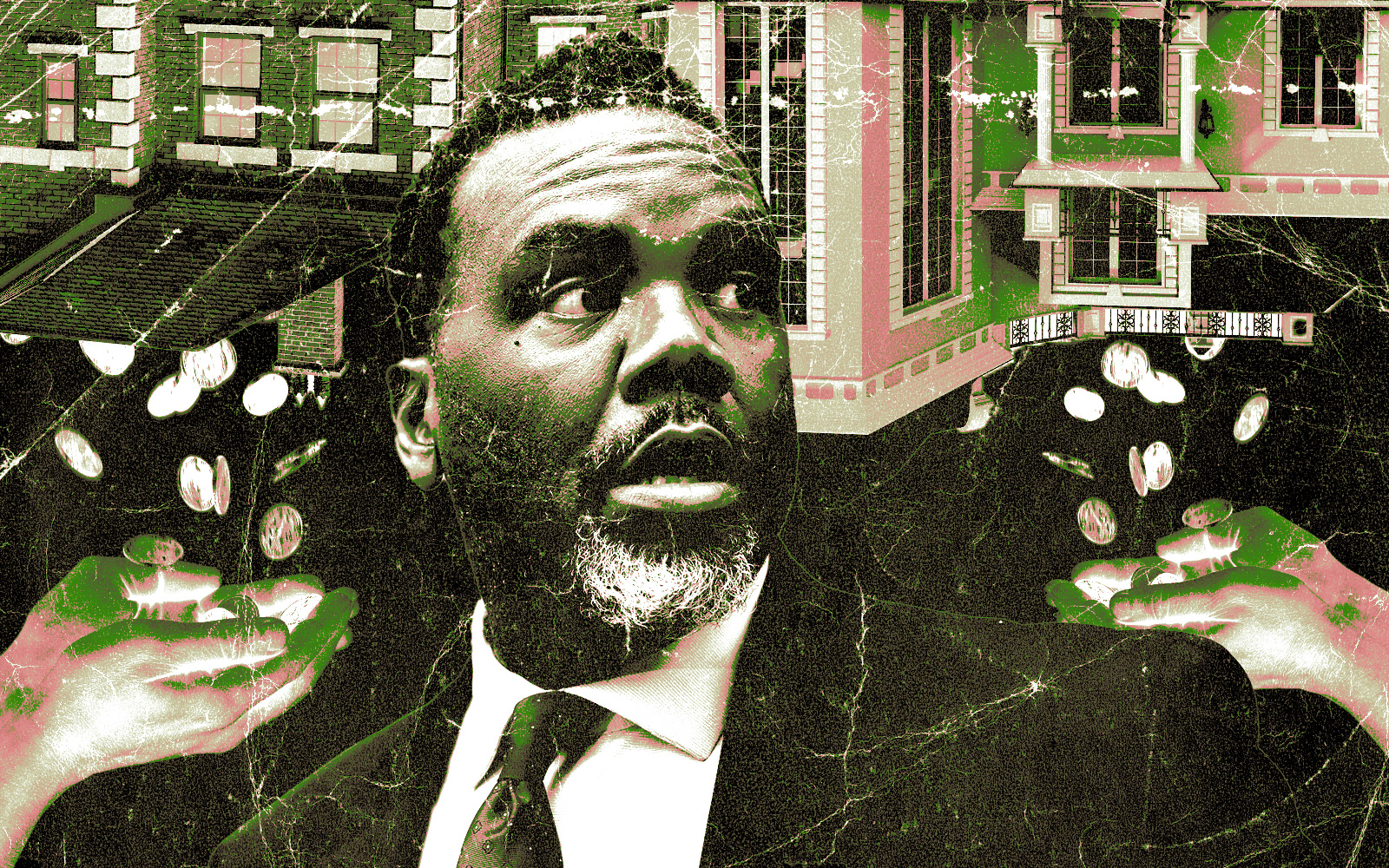While Chicago Mayor Brandon Johnson and his administration explore a policy to increase the transfer tax rate, a suburb just north of the city is already knee-deep in the experiment.
In Evanston, a similar initiative went into effect at the start of 2019. Subsequently, the higher transfer rate led to a boost in tax revenue for the suburb, jumping from $2.7 million in 2019 to $6.2 million in 2021, the Illinois Answers Project reported.
A transfer tax is a one-time fee paid upon purchasing a property. In Chicago, the current rate is 0.75 percent for all transactions, regardless of the price, a rate charged on top of transfer taxes imposed by Cook County and the state as well as one dedicated specifically to the Chicago transit authority.
The Johnson administration has proposed upping the city’s portion to a 2.65 percent rate for all property sales of $1 million or more. The initiative, called Bring Chicago Home, is meant to funnel increased tax revenue towards more affordable housing and curbing homelessness, and would generate about $163 million in additional cash for the city, its proponents claim.
Voters in Evanston had to approve the policy for it to take effect, due to a state law that only allows municipalities to change their real estate transfer taxes if voters approve it in a binding referendum. Even with Evanston’s hike, Chicago’s rate would still far exceed the suburb’s if the Johnson-backed proposal gets sent to voters by Chicago City Council and wins a majority at the ballot box.
Evanston raised its transfer rate from 0.5 percent to 0.7 percent for transactions between $1.5 million and $5 million and 0.9 percent for sales greater than $5 million. There wasn’t a noticeable impact at first, but then revenue jumped to $3.3 million in 2020, $6.2 million in 2021 and $5.5 million in 2022, when high interest rates began to cool the market and the post-pandemic housing boom came to an end.
Read more



“As far as we have been able to tell, there has been no significant impact on our [real estate] market,” Evanston Alderman Devon Reid told the outlet. “But it’s had a huge impact in raising additional revenue for the city.”
Evanston, described as a “seller’s market” by real estate site RocketHomes, saw its median home sale price rise from about $301,000 in January 2019 to $388,000 in January 2023, the outlet reported. As of January, the suburb’s retail and office vacancy rate were 10 and 11 percent, respectively. That’s far below suburban Chicago’s collective record-high office vacancy rate of 29 percent last quarter, and certain shopping stretches such as the Magnificent Mile have worse retail vacancy than Evanston, too.
Los Angeles also passed a transfer-tax increase that went into effect in April. Under its policy, property sales of $4 million or more are taxed at a four percent rate, and all sales above $10 million are taxed 5.5 percent. Unlike Evanston, Los Angeles’ new rates have unequivocally hindered luxury sales in the city. The initiative generated just $4 million in revenue during the first month, whereas officially expected it would rake in more than $900 million annually.
— Quinn Donoghue
